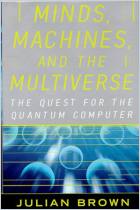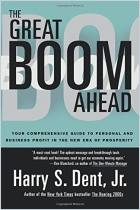Join getAbstract to access the summary!

Join getAbstract to access the summary!
Stephen R. Waite
Quantum Investing
Thomson Texere, 2002
What's inside?
Quantum physics: the biggest economic upheaval since the industrial revolution promises newer tech and longer lives.
Recommendation
Author Stephen R. Waite is a Wall Street veteran, but despite its title Quantum Investing is not about investing (the few investor-oriented tips are at the end of each chapter and at the book’s conclusion). Rather, it is a futurist manifesto, an infectious, heady hodgepodge of science textbook and thought experiment, which reads like a sequel to Future Shock. Waite takes you on a whirlwind tour of quantum theory, which has enabled astounding technological advances (note the glossary of physics terms and the timeline of relevant scientific developments). He assesses the accounting industry as hopelessly out-of-date when it comes to valuing intangible assets, and offers a thought-provoking discussion of the stock market, chaos theory and complex systems. You’ll probably be skeptical of - but intrigued by - the discoveries he predicts for the twenty-first century. getAbstract.com recommends this to executives who are interested in a big-picture treatment of the economic evolution, or who are science (or science-fiction) buffs.
Summary
About the Author
Stephen R. Waite is a 16-year Wall Street veteran who is currently managing director and Chief Knowledge Officer of the investment advisory firm Trilogy Advisors, which has several billion dollars under management.

























Comment on this summary